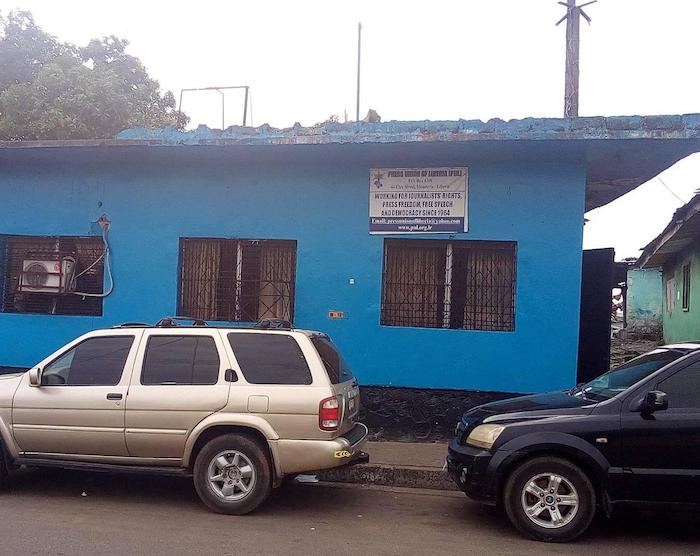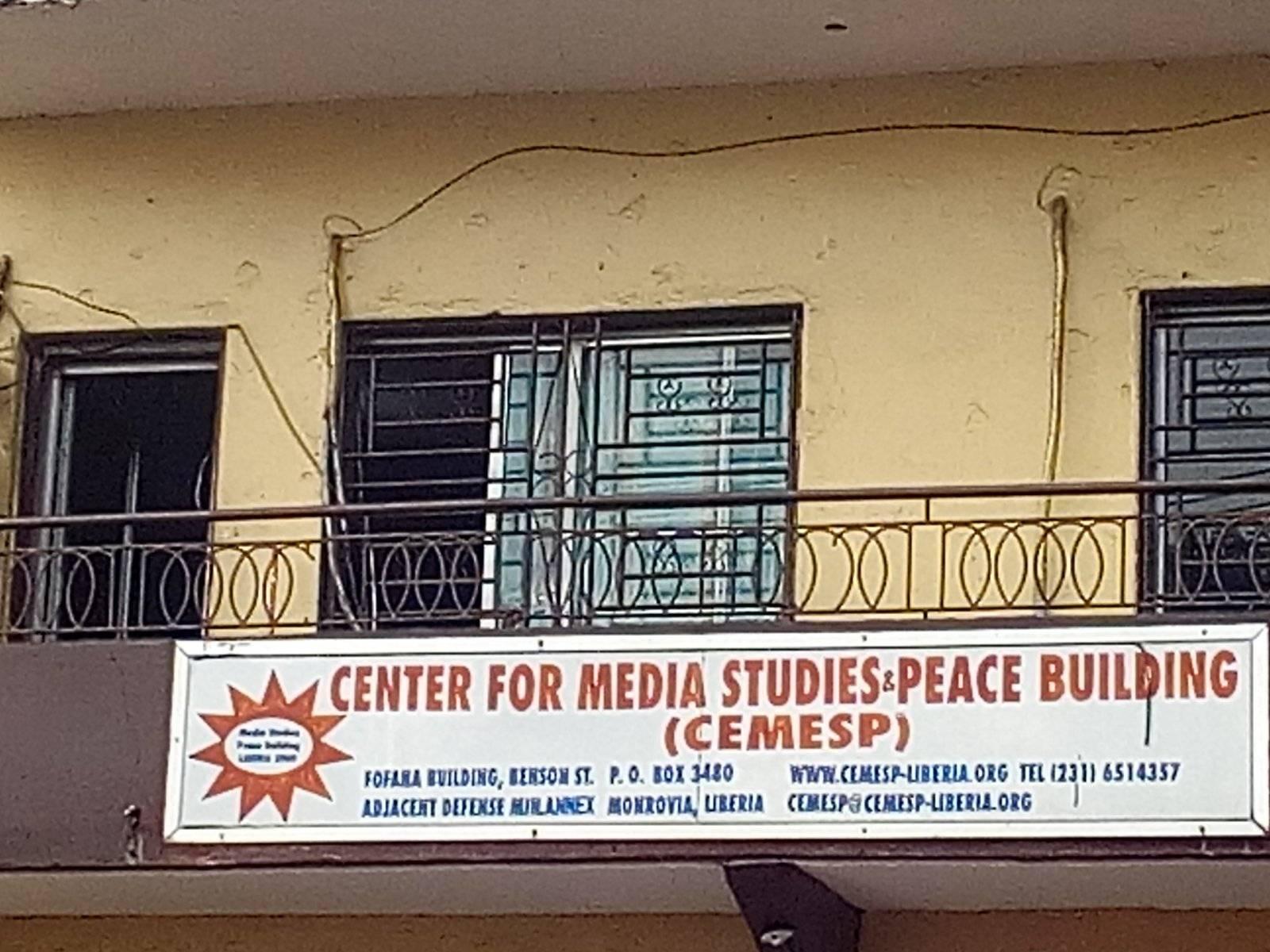Liberia-based broadcasters in post-civil war Liberia are receiving their share of criticisms for wrongly pronounced English words coming out of the radio or television set.
There are several critics.
One of the critics is Sister Mary Laurene, a distinguished and nationally popular Liberian enunciator and diction coach, and current president of Catholic Church-run Stella Maris Polytechnic University in Monrovia.
Her name has entered different public discourses several times for calling attention of on-air newscasters and program producers over Radio Veritas and Teach FM to “wrongly pronounced English words”. The first of the two mentioned institutions is for the Catholic Church in Liberia; the second is owned by the Stella Maris Polytechnic University for training of students in the Institution’s Mass Communications Department.
Many other good-English enthusiasts complain everyday on what causes ‘irritation’ to the Stella Maris Polytechnic president.
Poor enunciation of English words is a “societal thing” in Liberia — even classroom teachers and (majority of) members of the Country’s Legislators communicate in flawed English when they are in formal discourse, in the classroom or at Legislative Sessions.
The situation in most homes is no better, as parents or guardians communicate in ‘mutilated English’ (popularly called ‘chapping’ in Liberian parlance) to their children or wards.
This ‘ugly Linguistic tag’ is displayed in oral presentations by (majority of) Liberia’s representatives at International Forums.
The greatest challenge are words that begin with or end with “th” and the “al” ending of words. For the “th”-word, the sounds that come from the mouth of majority of Liberian broadcasters is “ted”, while “cor” comes out when the “al” is being pronounced.
The problem is also common with newscasters and program presenters at radio/television owned by veteran broadcasters.
Research has revealed that a wrongly pronounced word gives a different meaning to a person monitoring the news on the radio, than what the broadcaster or program presenter meant.
English-speaking foreigners on visit in Liberia are at the most disadvantageous end of the ‘misinformation’ through wrongly pronounced/enunciated words from Liberian newscasters or program producers voices coming out from the radio or mobile phone with them.
For clarity of English words by Radio journalists, many Liberians look only to the Press Union of Liberia (PUL) and the Center for Media Studies & Peacebuilding (CEMESP) as ‘equipper’ for perfection.
“I remember only one CEMESP’s media training Workshop where we focused on basic English and grammar knowledge. We haven’t organized a workshop for the teaching of phonetics for radio journalists,” Mr. Malcolm W. Joseph, Executive Director of CEMESP, explained to radioinfo.africa at his office, on Benson Street, Monrovia this week.

The Press Union of Liberia (PUL) had organized a “standard pronunciation workshop” in partnership with the Mass Communications Department of the University of Liberia in 2004, Mr. Daniel Nyakona, PUL’s Vice President, told radioinfo.africa during an interview at his office at the Union’s Headquarters on Clay Street, Monrovia.
“The phonics training went across journalists from the print and electronic media, and many of the participants were taken to America for training on standard pronunciation,” Mr. Nyakona, who had served as Secretary General in three successive leaderships in the past, added.
Popular eloquent-speaking senior broadcasters, trained in pre-civil war Liberia, have come in to tutor their younger colleagues with the enunciation challenge, Mr. Nyakona recalled.
“One of the senior colleagues is Martin Brown. He does straight practical teaching: Put a trainee behind a microphone in his personal studio and keenly listen to the trainee’s pronunciation. When you mispronounced a word, he pulls you from the microphone, brings you back into the training room, and drills you through each of the English words you have mispronounced when you were on air,” Mr. Nyakona explained.
However, the PUL Vice President implicitly expressed his disappointment in the majority of radio journalists’ continued exhibition of ignorance of diction knowledge, in spite of constant tutorials by experienced pronouncers or enunciators.
“You can’t teach a old dog new traits,” he lamented to radioinfo.africa.
The eloquence of pioneers can be resuscitated with regular mentoring based on empathy.
In post-war Liberia, when you talk about the pioneers — wave-making broadcasters of pre-war Liberia, some of the names to come would be Martin Brown, Kwame Clement, and Charles Gbeyon. They should serve as a model for contemporary broadcasters.

